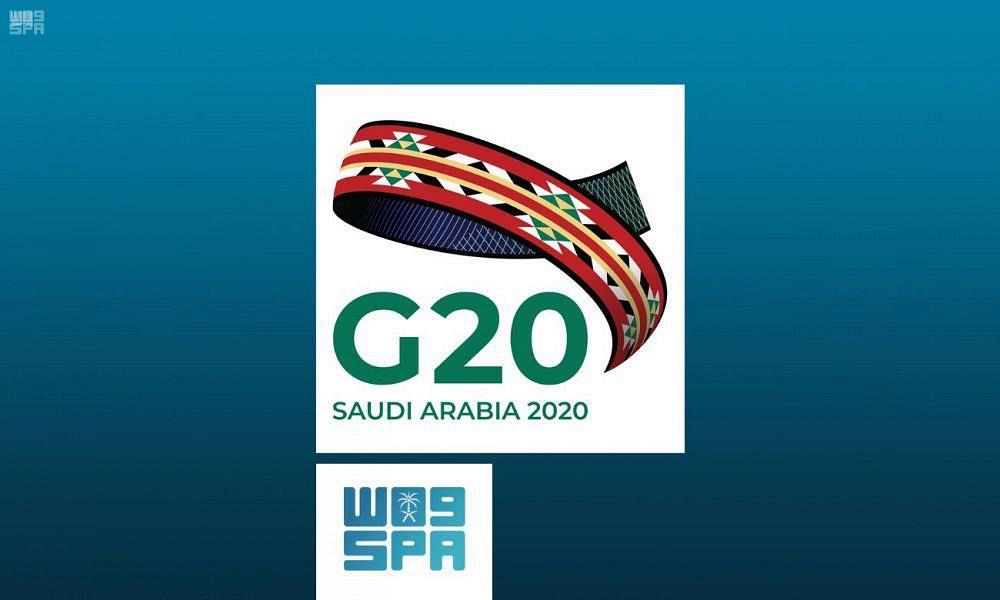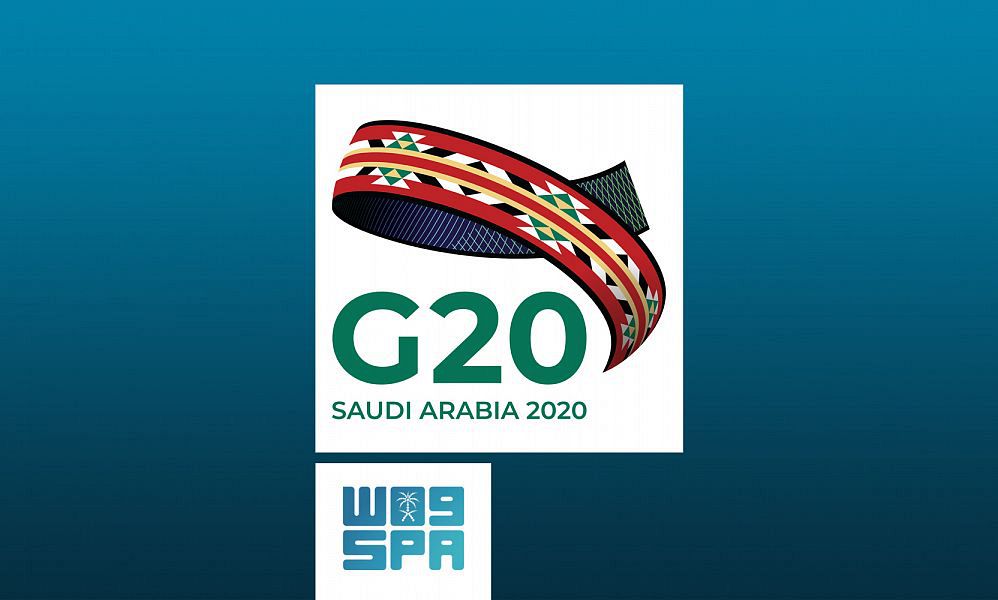
Amid the EU summit in Brussels and controversy about Huawei’s involvement in the rollout of the 5G infrastructure in the UK and elsewhere, last weekend’s meeting of the G20’s finance ministers and central bank governors was largely overlooked by the international media — especially as it came on the heels of the big banks in the US reporting their Q2 earnings. It was an important meeting nonetheless: While the tone of the finance ministers and central bank governors may not grab headlines, what they discussed was vital to the global economy, especially when faced with the economic fallout of the coronavirus disease (COVID-19).
The ministers and central bank governors said that though the outlook was still depressed due to the pandemic, they expected economic activity to pick up. They reiterated their commitment to support emerging, developing and low-income economies.
In line with the focus of Saudi Arabia’s presidency of this year’s G20, the ministers reiterated that inclusive and sustainable growth stood front and center of their agendas. They also stressed that monetary and fiscal policies would be deployed for as long as they were needed to deal with the economic fallout of the pandemic.
The meeting also endorsed policies decided during their April 15 gathering, where they focused on the actions taken by multilateral development institutions like the International Monetary Fund (IMF), the World Bank Group and regional development banks. They stated they endeavored to “address the vulnerabilities in low income countries due to the pandemic,” and enhance “coordination among international organizations to maximize their impact and optimize the use of resources.”
This may sound like lip service, but these multilateral organizations will provide $200 billion to cash-strapped developing countries.
Ayman Sejiny, CEO of the Islamic Corporation for the Development of the Private Sector, one of three private sector entities of the Islamic Development Bank, based in Jeddah, observed: “The G20 were vital in ensuring the seamless cooperation of multilateral and bilateral lending communities to support developing countries throught the COVID-19 induced economic turmoil.”
What is particularly important here is the debt service moratorium for the poorest countries and the fact that the G20 secured the concurrence of the Paris Club, where officials from debtor nations try to find coordinated and sustainable solutions to the payment difficulties experienced by debtor nations.
So far, 42 have applied to benefit from the Debt Service Suspension Initiative (DSSI), and the total sum involved equates to $5.2 billion. The G20’s clout with major commercial financial institutions also means that there is pressure on them to find accommodations with debtor nations, be it in the framework of the London Club or elsewhere.
The foundations for the above were laid in April. However, one cannot overemphasize how important the G20 and also the B20 are in this context. It is becoming increasingly difficult to get the international community to speak with one voice, as the US and China go toe to toe on many geopolitical and economic issues. (The latest wrangling over the participation of Chinese telecoms giant Huawei in the buildout of the 5G infrastructure, is a case in point, as is the US withdrawal from the WHO or the UN’s Paris Agreement on climate change.)
The pandemic is a global problem necessitating global solutions. IMF Managing Director Kristalina Georgieva had warned that the poorest countries might be among the worst affected by its economic fallout, which makes it all the more important that the world stands together when it comes to COVID-19 response packages.
There may be disagreement on reallocating special drawing rights in the IMF, how long the debt moratorium should last in for, or whether it should be extended to more countries (The World Bank would like to see the DSSI extended through 2021 and the scope of the deal broadened).
Wherever you have many participants in a discussion, you will always have many competing voices. The fact these issues are being discussed means there is global concern, which is positive.
It is lucky that Saudi Arabia holds the G20 presidency for 2020, because the Kingdom has influence and can bridge the gap between great powers when they do not see eye to eye. The weakest of the weak are in desperate need for the world to come together in their support, which is what seems to be happening.
• Cornelia Meyer is a business consultant, macro-economist and energy expert. Twitter: @MeyerResources
Disclaimer: Views expressed by writers in this section are their own and do not necessarily reflect Arab News" point-of-view






